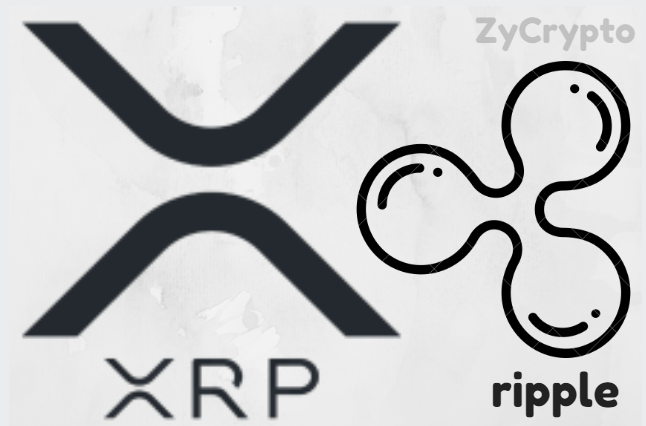Ripple has come out with a recent tweet stating: “The digital asset #XRP and the company #Ripple are distinctly different”. In the tweet is a link to a blog post detailing 5 reasons as to exactly why the two are different.
The digital asset #XRP and the company #Ripple are distinctly different. Learn why. https://t.co/yv8cW1gYH6 pic.twitter.com/w3npq2O894
— Ripple (@Ripple) July 9, 2018
This comes amid fears that Ripple/XRP may, in fact, be a security given the remarks made by William Hinman, director of the division of corporate finance at the U.S. Securities and Exchange Commission.
Last month in his remarks, Hinman states:
“based on my understanding of the present state of Ether, the Ethereum network and its decentralized structure, current offers and sales of Ether are not securities transactions”.
Hinman is stating that in its current form, the Ethereum network is sufficiently decentralized enough so that it may no longer be considered a security.
This is in contrast to Ripple, who currently owns 60 billion XRP or 60% of a total max supply of 100 billion XRP.
There are worries that Ripple may not be sufficiently decentralized enough to be considered a security according to the remarks made by Hinman. Therefore, it appears Ripple is taking precautionary steps to differentiate itself between Ripple the company, which provides a range of enterprise solutions such as Ripple Net and Ripple xCurrent, and XRP, its digital native asset.
Questions such as: “who controls whether it succeeds or fails?” is directly addressed in the blog post, with the “board, founders and employees” dictating the success of Ripple, and the “community who deal in XRP” controlling the success of XRP the digital asset.
Whether or not Ripple is security will be determined according to the Howey Test, a test which was the result of a 1946 U.S. Supreme Court case, SEC v Howey Co. The test outlines the following criteria, that if met, will likely result in the asset being considered a security.
- There is an investment of money
- There is an expectation of profit from the investment
- The investment of money is a common enterprise
- Any profits come from the efforts of a promoter or third party.
Ripple being considered a security would put its violation of the U.S. Securities Act of 1933 and Securities Exchange Act of 1934. Therefore, it is in the best interest of Ripple to come out with a clear statement outlining distinct differences between itself and its native digital asset, XRP.







